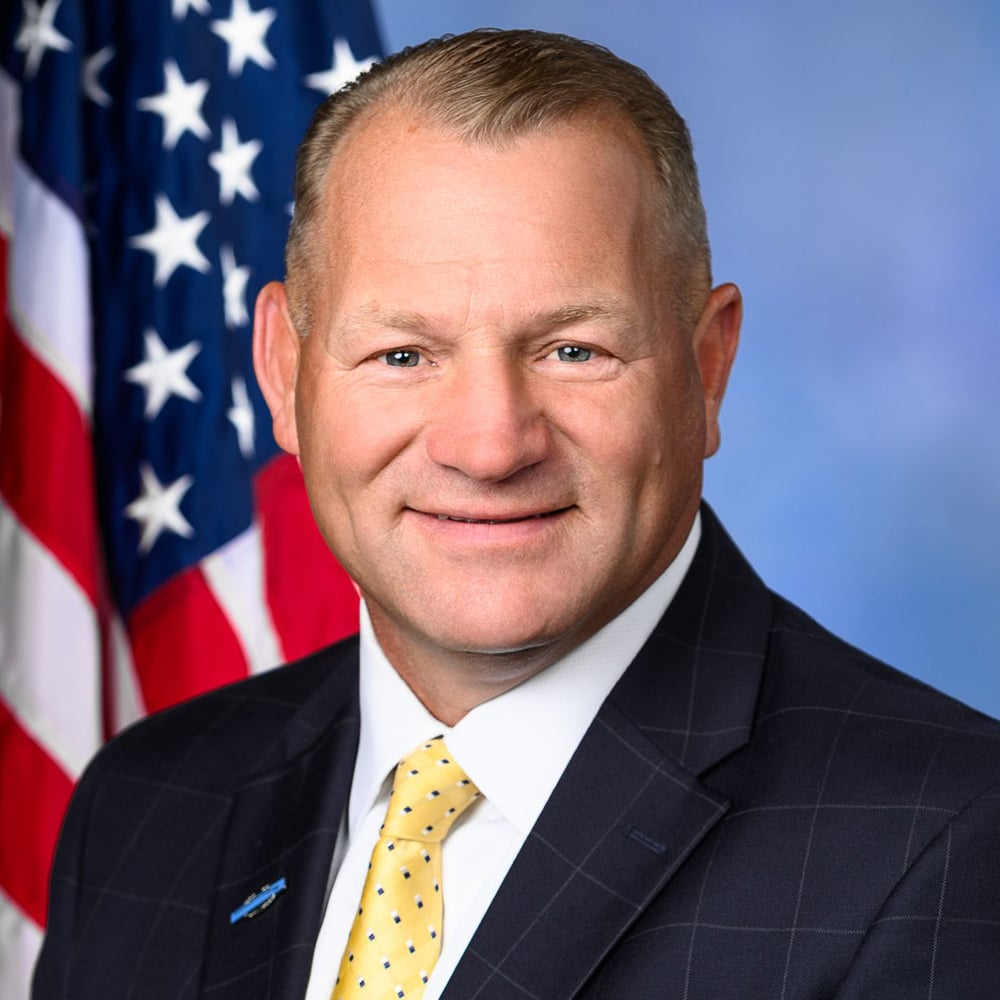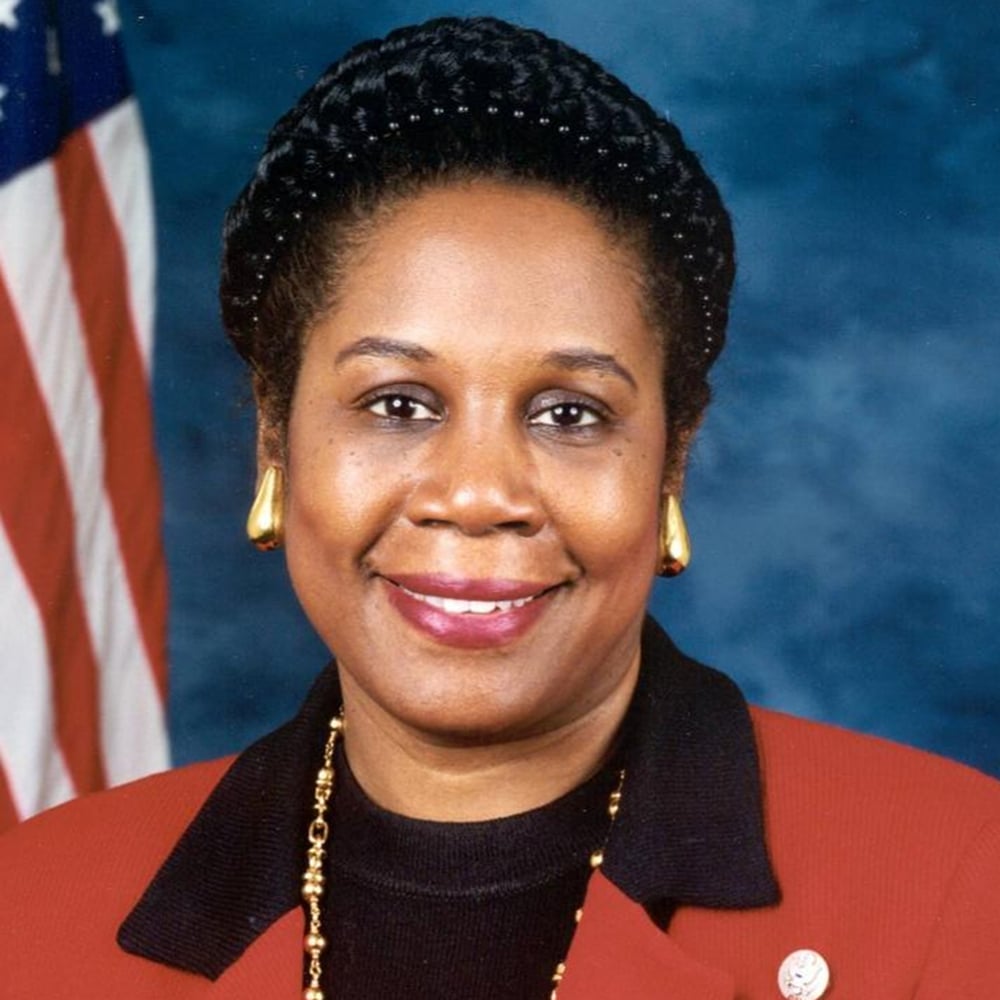CenterPoint Energy executives said Thursday the company cannot terminate its lease for barely used generators that have already cost the utility $800 million, shocking regulators who are now turning on the investment after approving it last year.
Jason Ryan, CenterPoint’s executive vice president of regulatory services and government affairs, told the Public Utility Commission of Texas that the contract can’t be terminated unless the vendor, Life Cycle Power, fails to meet its contractual obligations. The lease ends in 2029, he said.
A provision that could’ve allowed CenterPoint to terminate the contract if regulators found the investment to be not prudent expired at the end of 2023, Ryan said at a regularly scheduled PUC meeting.
“You entered into a contract you can’t terminate unless there’s vendor non-performance. And of course, these large units seem like (they) largely haven’t been run, may not ever be run, so we don’t even know they’ll not perform,” Commissioner Lori Cobos said in response. “It just seems like we’re in this circular place where y’all are coming across like your hands are tied to this contract.”
Ryan said CenterPoint could try to negotiate with Life Cycle Power to switch out the types of generators it leases “if we believe we don’t have the right assets.” CenterPoint is also willing to discuss extending the time it takes to recover its costs for the generators through rate increases. Customers are also expected to cover the company’s costs restoring power following the May derecho and July’s Hurricane Beryl, he said.
CenterPoint is allowed by law to lease generators to mitigate the risk of widespread power outages, but Ryan said the company is open to discussing whether that policy should change.
“We think we have the right tools in the toolbox for the various risks that we uniquely face in Houston, but we’re open to having that dialogue on whether or not we should continue to mitigate those risks with these tools,” he said.
[…]
Consumer advocacy groups and municipalities immediately protested when CenterPoint tried to pass on $200 million of its generator lease costs to customers in 2022. The issue ended up in front of the State Office of Administrative Hearings, and subsequent hearings revealed that the large generators had never been used and couldn’t power facilities such as hospitals if distribution systems went down in severe weather events such as hurricanes.
A pair of administrative judges found that CenterPoint’s process for assessing bids from vendors to provide the generators on a short-term basis was not competitive, citing emails between Wells and representatives from Life Cycle Power before CenterPoint issued a request for bids. Thus, the judges ruled in early 2023 that CenterPoint shouldn’t be allowed to pass on its generator costs to customers.
State Sens. Phil King and Carol Alvarado wrote letters to the PUC urging them to approve the deal anyway. In a 4-1 vote in 2023, commissioners, including current commission members Cobos and Kathleen Jackson, did just that. Only current Commissioner Jimmy Glotfelty dissented.
The generators CenterPoint leased have already added $2.39 to the average residential customer’s monthly electric bill. CenterPoint still has a few hundred million in generator costs it could seek to recover from customers in future rate increases.
If we’re going to ask the question, a couple of ideas come to mind in answer.
1. Absolutely, do not let CenterPoint recover the costs of this boondoggle. Let their investors take a haircut. Whether that’s best accomplished via legislation or just having the PUC overturn its earlier decision (more on that in a minute) or some other mechanism, I don’t care. If there are no consequences for bad decisions, there’s no incentive to avoid them.
2. Let’s also review what got us here in the first place. Why did CenterPoint think these generators were a good idea? What changes should they make to their processes to avoid that mistake in the future? Why did Sens. King and Alvarado think it was a good idea to intervene with the PUC on CenterPoint’s behalf? They owe us an explanation. Why did the PUC fold under that pressure? Are there safeguards in place to allow them to stand behind an objectively correct but potentially unpopular (if only with certain stakeholders) ruling? If not, what can we do about that?
3. What other reform ideas should we be looking at? Other states have vastly outperformed Texas in responding to utility-related disasters. Why do we keep finding ourselves in this same position? What should we have learned by now that we haven’t?
I’m open to other ideas, but this should be plenty to get us started.





/cloudfront-us-east-2.images.arcpublishing.com/reuters/5KHWYF53XBNEFLDIU4B47BZYQE.jpg)













